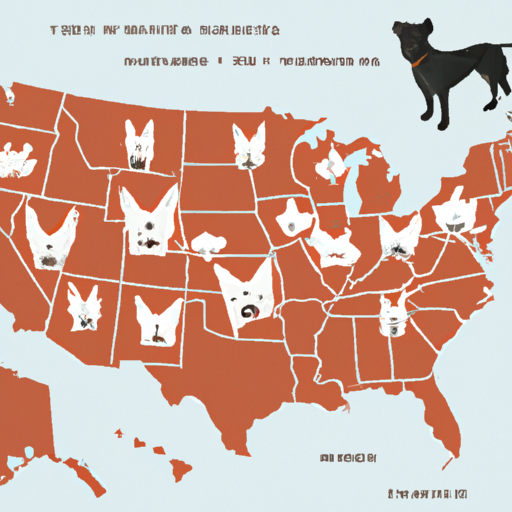In a nation where dogs are affectionately referred to as “man’s best friend,” it may be surprising to discover that some breeds are, in fact, banned. These breeds are often perceived as dangerous or aggressive, leading many cities, counties, and even states to enact laws prohibiting their ownership. This article will explore the breeds that are banned in the U.S., the controversy surrounding breed-specific legislation, and the implications for dog owners and their furry companions.
Table of Contents
- Understanding Breed-Specific Legislation
- The List of Banned Breeds
- The Controversy Surrounding Breed Bans
- Implications for Dog Owners
- Frequently Asked Questions
Key Takeaways
– Breed-specific legislation aims to protect people from perceived dangerous breeds.
– There are several breeds that are frequently banned across the U.S.
– The effectiveness and fairness of breed-specific legislation is a subject of great controversy.
– Owning a banned breed can result in hefty fines or seizure of the pet.
Understanding Breed-Specific Legislation
Breed-Specific Legislation (BSL) refers to laws enacted by certain jurisdictions that ban or restrict ownership of specific breeds of dogs. These laws are often enacted in response to incidents involving attacks by specific dog breeds. However, the practice of banning certain breeds is a contentious issue, with opponents arguing that breed alone is not a reliable predictor of aggression.
For a more comprehensive understanding of BSL, you might want to read this informative article provided by the ASPCA.
The List of Banned Breeds
Here are some of the most commonly banned breeds in the U.S:
- Pit Bull Terriers: These are perhaps the most widely banned breed in the U.S. They have been associated with a high number of fatal attacks, leading many jurisdictions to ban or restrict their ownership.
- Rottweilers: This breed is often banned due to perceptions of aggression and danger.
- Doberman Pinschers: These dogs are often banned due to their size, strength and the perception that they are aggressive guard dogs.
- Wolf-Dog Hybrids: As the name suggests, these dogs are a mix of domestic dog and wolf. They are often banned due to their unpredictable behavior.
- American Staffordshire Terriers: This breed is often included in pit bull bans, as they are considered part of the pit bull “type.”
For a detailed list of banned breeds by state, visit this page.
The Controversy Surrounding Breed Bans
While breed-specific legislation aims to protect public safety, many argue that these laws are misguided and ineffective. Critics argue that these laws punish responsible pet owners and do not address the root causes of dog aggression, such as irresponsible ownership and inadequate socialization and training. Instead, they advocate for breed-neutral laws that focus on the behavior of individual dogs and owners.
For more information on the controversy surrounding breed bans, check out this article.
Implications for Dog Owners
For dog owners, it’s crucial to know the laws in your area. Owning a banned breed can result in fines or even the seizure and euthanasia of the pet. If you are considering adopting a dog of a breed that is often banned, be sure to investigate local laws and regulations first.
This tool can help you look up dog laws in your area.
Frequently Asked Questions
- What if I owned a banned breed before the law was enacted?
- Laws vary by area. Some jurisdictions allow current owners to keep their dogs, while others require the removal of the dogs.
- Can I challenge breed-specific legislation?
- Yes, some people have successfully challenged these laws in court. However, this can be a lengthy and expensive process.
- What can I do if my breed is banned?
- You may be able to obtain a special permit or comply with specific restrictions, such as muzzling your dog in public.
- Are there any exceptions to breed bans?
- Some jurisdictions make exceptions for service animals or dogs that pass a behavior test.
As a nation of dog lovers, it’s crucial that we continue to question and challenge breed-specific legislation, advocating for fair and effective laws that protect both people and pets. The breed of a dog does not define its character or behavior – responsible ownership does.



